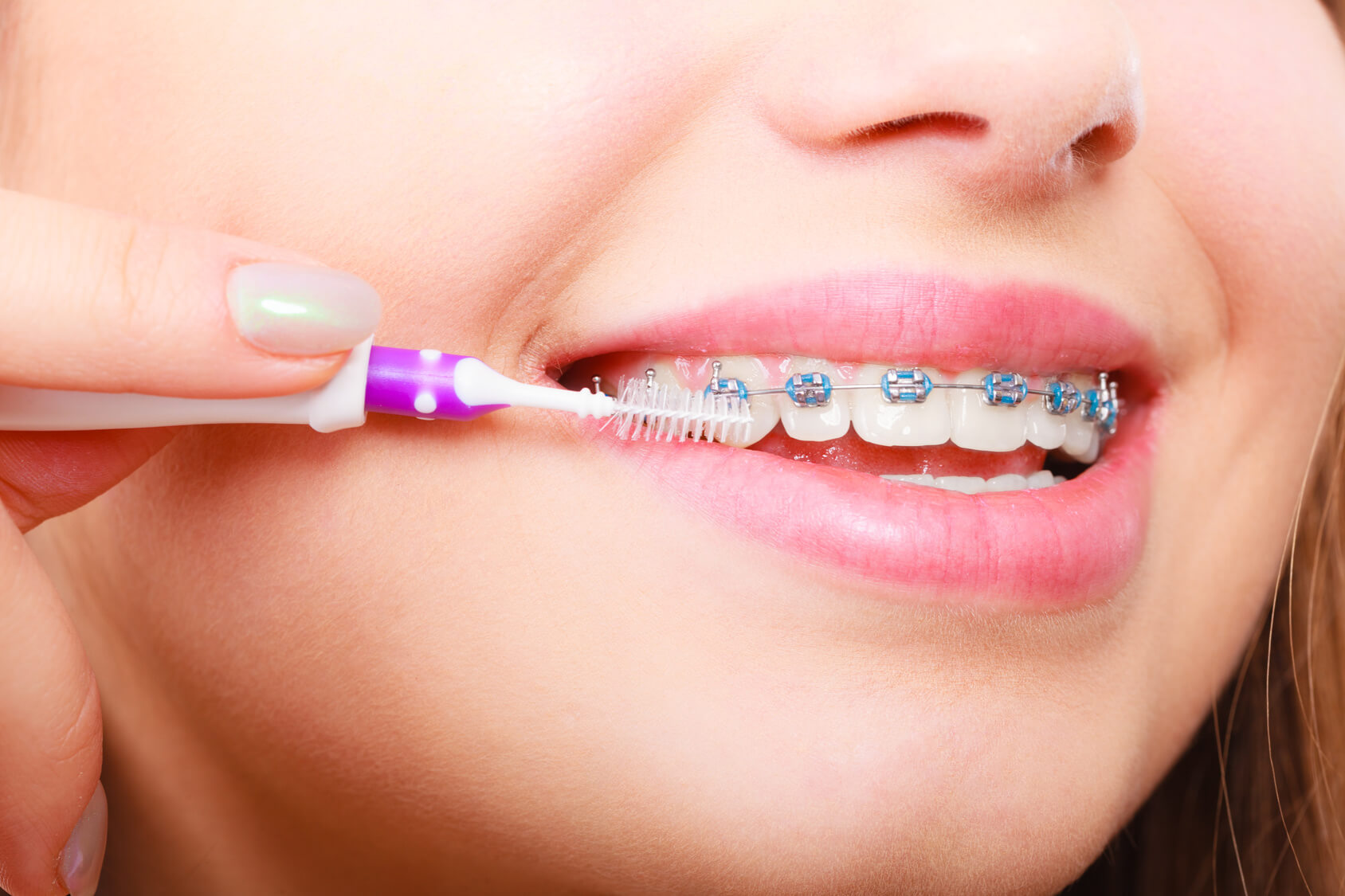Best Oral Hygiene Practices

Most people prefer to keep their natural teeth throughout their entire lifetime. However, teeth that are not cared for properly may eventually become so decayed that they require extraction. In addition, poor hygienic practices may result in advanced stages of gum disease that can cause teeth to become loose within their sockets. Nevertheless, there are things that you can do to help ensure that your teeth and gums stay healthy. Here are some of the best dental hygiene practices that you can perform to maintain your oral health:
Brush regularly.
Although you may have heard it a hundred times from your dentist, brushing regularly is important. Your toothbrush is specially designed to sweep plaque from the surfaces in your oral cavity. Since plaque is continually developing in your mouth, it must be removed regularly to prevent it from damaging your teeth.
Plaque is made up of particles of food that are mixed with oral bacteria. The biofilm that is created by the bacteria makes the plaque so sticky that it remains attached to your teeth and gums until it is removed.
Plaque can be particularly harmful to the teeth because the bacteria in it release acid that causes tooth decay. Since the plaque is in direct contact with your tooth enamel, the acid is not diluted. Over time, the acid dissolves the minerals in your tooth enamel and causes cavities to form. It also irritates your gums, resulting in inflammation that can progress to gum disease.
Plaque can be quickly removed using a soft-bristled toothbrush, but it is important to brush long enough to clear away the material. You should brush twice a day for at least two minutes, being sure to clean all of the exposed surfaces that your toothbrush can reach.
Floss daily.
Flossing helps ensure that areas of your teeth that your toothbrush is unable to reach can still be cleaned. You can choose from waxed or unwaxed string floss. There are even different flavors available, such as mint or cinnamon flavors, for a refreshing boost during your flossing sessions.
Although string floss is inexpensive, effective and the best way to clean between your teeth, water flossing is also an option for effective plaque removal. Oral irrigators use a concentrated stream of water to flush away plaque and debris from between the teeth and along the gumline.
If you choose water flossing, some irrigators have options that allow you to vary the intensity and pulsation of the water stream. Thus, you can give your gums a great massage as you clear away plaque.
Avoid smoking and chewing tobacco.
Smoking cigarettes and chewing tobacco can have a detrimental effect on your teeth and gums. Irritants within the tobacco can cause gum irritation and make it easier for oral infections to develop. In addition, people who use tobacco are at an increased risk for oral cancer.
Tobacco usage is also associated with a greater number of complications during dental procedures, such as dental implant restoration failures. Smoking delays wound healing by irritating tissues, reducing blood oxygen levels and impairing circulation.
If you are used to using tobacco and are having trouble finding something else to do with your mouth, consider chewing gum to replace. Chewing a stick of sugarless gum can help clean your teeth and gums as it keeps your mouth busy. Varieties that are sweetened with xylitol can even help get rid of damaging bacteria in your mouth.
Limit soda consumption.
Due to their acidity and sugar content, sodas can cause multiple oral health problems. Simple sugar is a favorite food of the microbes in your mouth. Also, the acid in the soda corrodes your teeth like bacterial acid. Even if you’ve decided to only consume diet sodas, you are still placing your teeth in jeopardy due to the high levels of acid in the drinks.
Instead of sodas, it is best to drink water. The water dilutes acid instead of adding to it. In addition, drinking water is often fluoridated. The fluoride in the water helps remineralize your teeth and make it less susceptible to damage from oral acids.
Visit your dentist.
Even if you are following a great oral hygiene regimen at home, there are some things that only your dentist can do. For instance, your dentist scrapes away tartar, which cannot be removed with a toothbrush or floss. Special dental tools are required.
Your dentist can also help recognize problems early enough to provide treatments that help you avoid tooth loss. Be sure to schedule an appointment with your dentist at least once every six months.
Sources:
http://www.colgate.com/en/us/oc/oral-health/basics/brushing-and-flossing
http://www.ada.org/en/member-center/oral-health-topics/floss



Let's Get Social